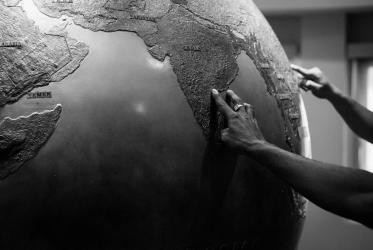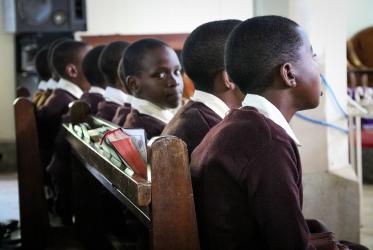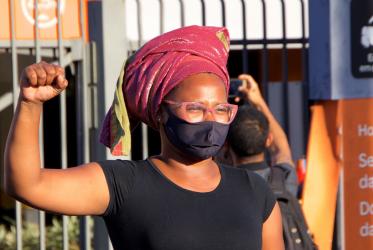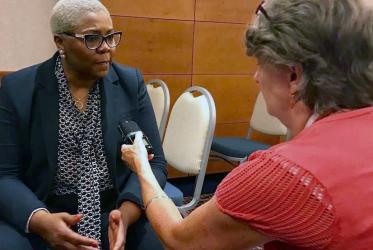Displaying 1 - 20 of 27
WCC prayer on overcoming racism “based on love for all”
28 March 2024
Upcoming webinar will focus on COVID-19 and caste discrimination
24 February 2022
Church of Sweden publicly apologises for abuse of Sámi people
26 November 2021
Webinar discussion precedes Africa & African Diaspora Conference
21 October 2021
WCC executive committee maps future with hope in uncertain times
19 November 2020
Rev. Traci Blackmon: people of faith must not be silent
21 September 2018
Creation, unity and hope focus of WCC greeting in USA
06 September 2016
Cold War politics and the world’s churches
04 September 2013
Theologians and activists reflect on WCC assembly theme
06 December 2012










